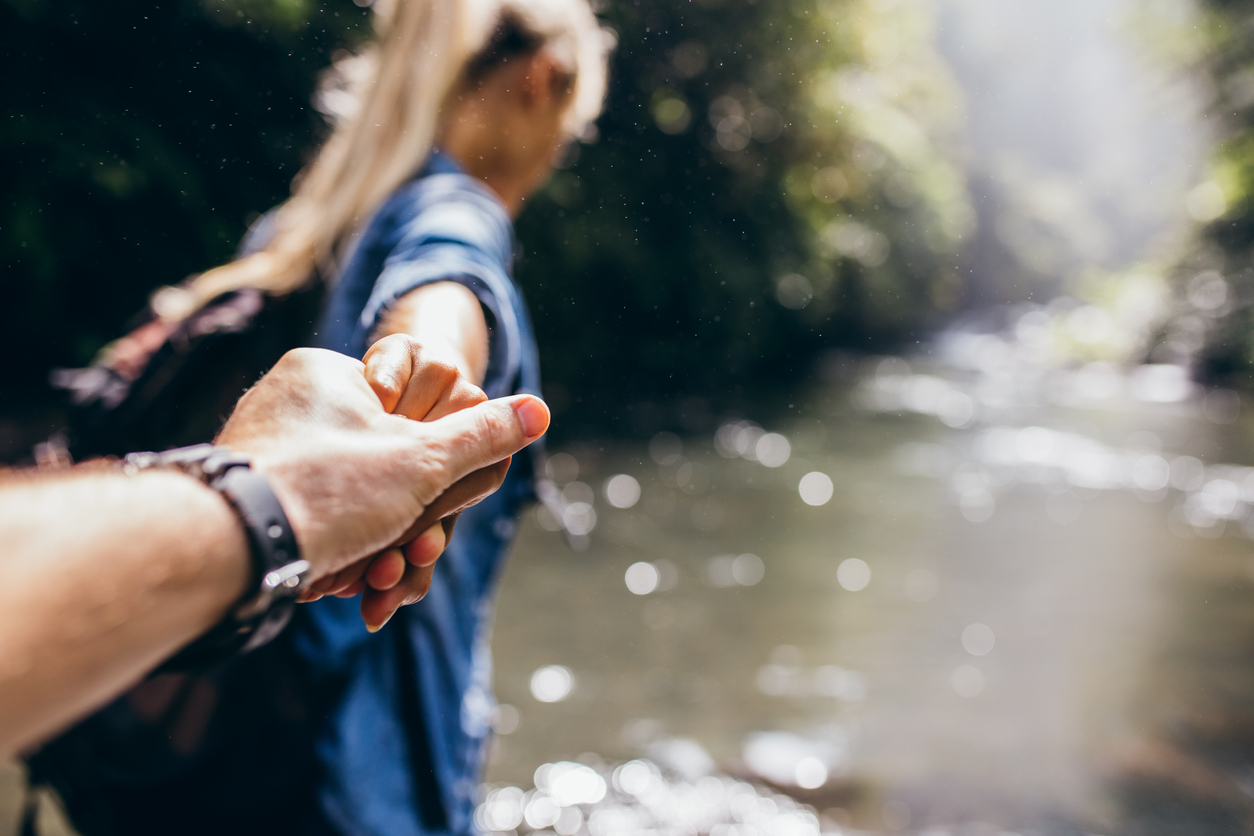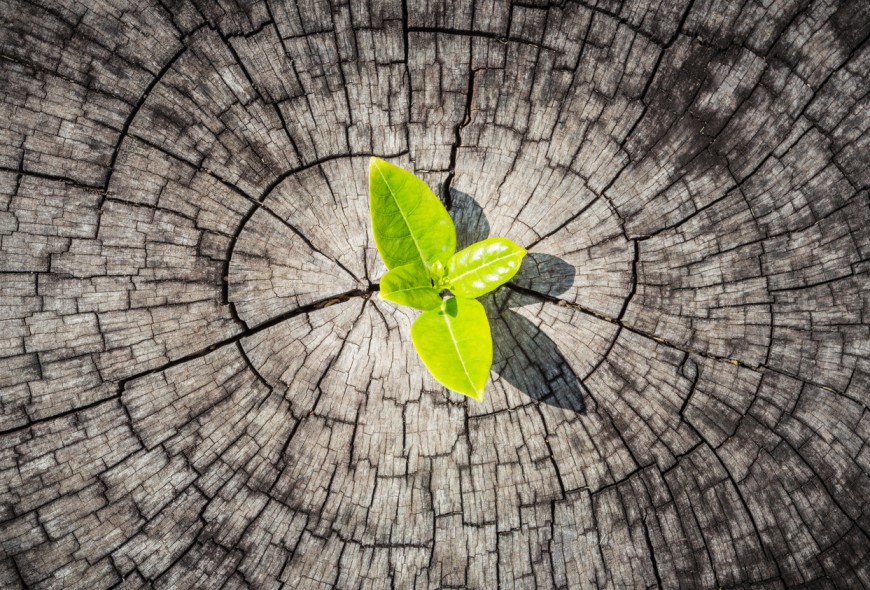Evolutions in the Co-Active Accessibility and Wholeness Project: Honoring the Lens of Challenge
- POSTED ON MAY 30, 2019

‘Wholeness Week’ (Post 2 of 3) –Continuing their discussion of the Co-Active Accessibility and Wholeness Project, Nick Kettles and Barton Cutter delve into Honoring the Lens of Challenge, the project’s second guiding principle.
Barton: Nick, in our earlier conversation on First Address Wholeness, you underscored that recognizing wholeness is in no way patronizing. I agree. In fact, I would assert that truly recognizing wholeness holds absolutely no room for patronization. And, at the same time, the challenges that people with disabilities face are very real, often having a profound impact on the person’s perception of the world and their reality. In my experience, this impact can be so profound that one’s entire identity can be rooted within the perceived disability itself. This leads us to the second guiding principle in the Co-Active Accessibility and Wholeness Project, Honoring the Lens of Challenge. By recognizing and valuing how someone’s challenge shapes the experience of self and world its possible that these lenses will help develop trust and the true emergence of NCRW. For me, the metaphor of a mirror shows up powerfully here in that this principle is about reflecting both the reality of someone’s challenge, however the person perceives it, and the reality of wholeness, whether they can see it yet or not. In the case where a person identifies with their challenge, it is natural for them to see themselves as broken, yet as I hold and reflect back the aspects they perceive as broken and their wholeness at the same time, they will eventually begin to see their wholeness as reality and reinterpret their challenge as part of their own unique symmetry.
Nick: We really are getting to the heart of the matter here. I dare to say that able-bodied people are often nervous or overly concerned of their impact around disabled people, because they unconsciously fear they might be a mirror for those parts of themselves they have not fully accepted. In other words beneath our conditioned thinking about what is whole, lurks in the shadows parts of our Self which we still perceive as broken. It is as if the mirror of a greater challenge such as a disability, invites us to examine our own challenges and limitations more keenly. This begins though, as you suggest Barton, by a willingness to honor and appreciate the way a disability may have shaped another persons experience of their self identity and their world. From this process comes the possibility we can begin to experience the world as they do – not as some pat exercise in empathy – but from a profound curiosity about how that might enrich my own experience in life. For example, for me, spending time with Barton has meant learning to slow right down to ensure I can hear what is being said. On one level my goal is simple comprehension, yet when I honor the lens of his challenge and step into his shoes, I notice the depths from which he speaks, which shines a light upon my own tendency to be quick to speak, sometimes without thinking. The net result of this experience is I come to value the notion of ‘less is more’ and my sense of wholeness expands.
Barton: Yes, please dare! I believe that what you’re pointing to is the hidden power of challenge as mirror. And, it’s vastly underutilized and often misinterpreted. Revealing this fear, in my experience, typically leads to one of three typical responses, all of which hinge on one’s appetite for self-reflection. In the first response, the person recognizes the presence of their fear and runs, not attempting to engage at all. In the second they do engage, but it is merely for my benefit, and is therefore patronizing. And in the third as you posit, it becomes a vehicle for learning. I’ve come to see this as a built in relationship filter as it is the people who honor their own introspection, not just how a challenge may shape my life, with whom there is the deepest learning. As a coach, this shows up even more powerfully, as that mirror is immediately present and obvious from the first contact, thus serving to filter out those less interested in their own learning and growth.
This post is the 2nd of 3 blog posts on “Evolutions in the Co-Active Accessibility and Wholeness Project”. Read the 1st post in this series here here and the 3rd post in the series here.




